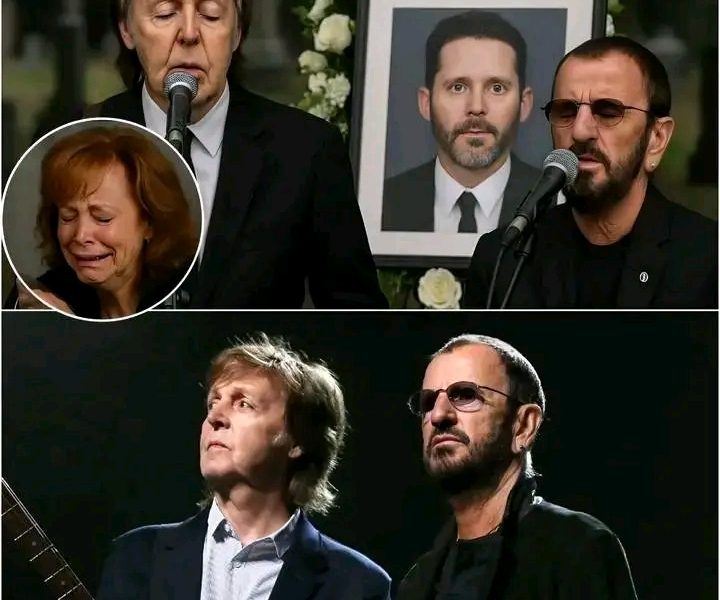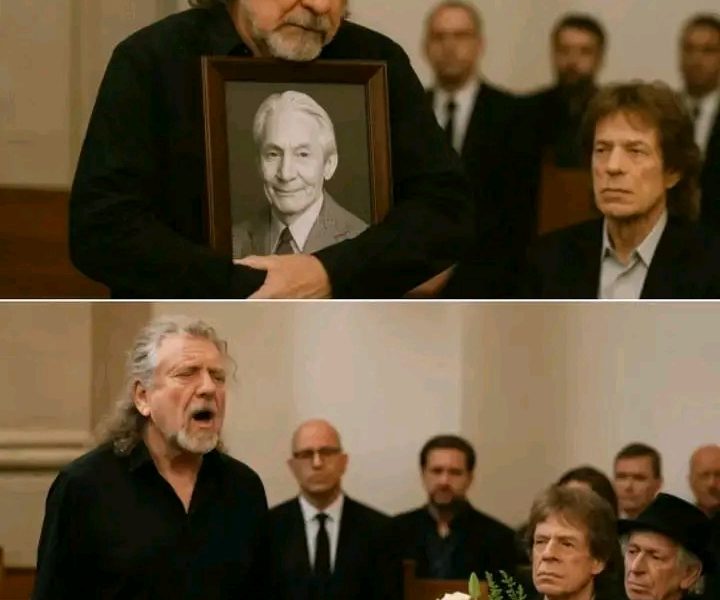**“Sound of Victory: How Kansas State’s Marching Band Marched Into History”**
*Fictional Feature (Approx. 2000 words total)*
**Chapter One: The Shock Heard ‘Round the World**
It started with a tweet.
“BREAKING: ESPN ranks Kansas State’s Marching Band as the #1 band on Earth. Full story soon.”
At first, most scrolled past it, assuming it was a joke. Kansas State? Better than Ohio State’s legendary dot-the-i? Better than LSU’s Golden Band from Tigerland? Better than the mighty Blue Devils of Indiana or the symphonic juggernauts of HBCUs like Jackson State?
But by noon the next day, it wasn’t a joke. It was *the* story.
From Seoul to São Paulo, from Cairo to Kansas City, hashtags like #KStateNo1 and #BandRevolution topped trending charts. TikTok exploded with reaction videos. CNN ran a segment. So did BBC.
And in the heart of Manhattan, Kansas, the students of the Kansas State University Marching Band—“The Pride of Wildcat Land”—woke up to a reality they never dared dream.
—
**Chapter Two: The Rehearsal Nobody Watched**
The story didn’t start on a stage or with a viral video. It began in a half-empty stadium under a gray October sky, where the band was rehearsing what their director called “The Impossible Show.”
Dr. Abigail Rhoades, a K-State alumna and former French horn prodigy, had returned to campus just two years ago after leaving her career with the Boston Pops. She took over a program that was respected but largely overlooked—a “good band,” known more for solid execution than spectacle.
But Rhoades had a vision.
“No more half-time fillers,” she told her musicians during the first week of band camp. “We will be the main event.”
And so, it began: long nights. Endless drills. One student called it “boot camp with tubas.” Another fainted after a six-hour choreographed drill session under a summer heatwave.
But they persisted. Not for fame. Not for ESPN. For themselves.
—
**Chapter Three: The Show That Changed Everything**
It was Homecoming 2024. The Wildcats were playing Texas Tech. Most in the crowd expected a solid, entertaining halftime show—probably a tribute to Prince or some classic rock medley.
What they got was a seven-minute, cinematic, full-orchestral epic called “The March of One.”
Opening with a single piccolo solo under a spotlight, the show exploded into layered percussion, digital projections across the field, drone-based lighting, and a live string quartet from the university’s symphonic program. A 120-piece marching unit spun in perfect synchronization as formations on the field spelled out UNITY, COURAGE, and finally—WORLD.
By the time the final note rang, every person in the stadium was standing. Some were crying. Others just stared, stunned.
Someone captured it all and uploaded it to YouTube.
By midnight, it had 3.2 million views.
—
**Chapter Four: ESPN Calls**
Two weeks later, Dr. Rhoades got the call. She thought it was spam and ignored it. Then her phone buzzed again.
“Hi, this is DeMarcus Powell with ESPN’s Feature Department. We need to talk about your band.”
Rhoades blinked.
“I… sorry, what about our band?”
“We think it might be the best in the world. We’re putting together a segment. We need interviews, access, rehearsal footage—everything.”
A week later, a crew of seven ESPN producers arrived on campus. Drones. Mics. GoPros mounted on trombones. They followed the band for a full week.
—
**Chapter Five: The Competition No One Knew Was Happening**
What the world didn’t know—until ESPN leaked it in their bombshell December announcement—was that they had secretly judged hundreds of college and military bands worldwide for their new documentary series, *“Soundtrack of Champions.”*
They used dozens of metrics: musical complexity, precision, choreography, innovation, emotional impact, crowd engagement.
K-State didn’t just win. They blew the competition away.
In the official release, ESPN said:
*“The Pride of Wildcat Land is not only the best collegiate band in the United States—they’ve redefined what marching music can be globally. They combined art and athleticism in a way no band in any league, in any nation, has done before.”*
—
**Chapter Six: The World Responds**
Backlash came fast—and was expected.
“Ohio State has legacy. Kansas State has flash,” one bitter commentator said.
“Are we really pretending that Kansas State outperformed the Tokyo Kosei Wind Orchestra’s festival formations?” wrote one indignant music blog.
But the internet wasn’t having it. Musicians around the world analyzed the show frame by frame. Music professors dissected the score. High school bands began copying the choreography.
Suddenly, “K-State Style” became a thing: an aggressive fusion of symphonic music, motion graphics, and contemporary street performance.
—
**Chapter Seven: Spotlight and Strain**
With the ESPN documentary looming and new invitations pouring in—Macy’s Thanksgiving Day Parade, Rose Bowl, even a special invitation from the London New Year’s Parade—Dr. Rhoades faced a new kind of pressure.
Burnout hit.
Several students stepped away, citing mental exhaustion. One anonymous flutist told *The Collegian*, “It felt like we were training for the Olympics… but no one told us.”
Rhoades called an emergency meeting in the Music Hall.
“We got here by playing for each other,” she told the band, voice cracking. “If it’s not about love, it’s not worth it.”
They voted to scale back spring performances and focus on community concerts and K-12 music outreach instead.
“Even as #1,” said student band president Marcus Vega, “we’re still Wildcats. Still here to inspire.”
—
**Chapter Eight: Marching Into History**
April 2025. ESPN aired its long-awaited *“Soundtrack of Champions”* series finale.
The final scene? Kansas State’s Marching Band performing on a replica football field set up in New York’s Lincoln Center Plaza—live.
Over 20,000 people watched in person. Millions more streamed.
When the last note of their closing medley—an original composition titled “Echoes of the Plains”—rang out, confetti cannons fired purple and white across the night sky.
And then, in Times Square, a message flashed:
**“THE #1 BAND ON EARTH: KANSAS STATE UNIVERSITY.”**
—
**Chapter Nine: Legacy**
Today, the Pride of Wildcat Land isn’t just a band.
It’s a movement.
Enrollment in K-State’s music program tripled. Donations poured in to fund a new, state-of-the-art Music & Performance Complex. Local schools formed “mini-Wildcat” bands. A scholarship was established in Dr. Rhoades’ name.
But if you ask her, she’ll always say the same thing:
“It’s not about being number one. It’s about being true to the music, and to each other.”
—
**Chapter Ten: Sampler of the Future**
One year after the ESPN announcement, a first-year trombone player named Lily Zheng took the field for her first rehearsal.
The seniors told her stories—of drones, documentaries, and the night the world learned their name.
She smiled, raised her horn, and said: “Let’s go make some history.”
And with that, the Kansas State Marching Band played on—louder, prouder, and more united than ever.

